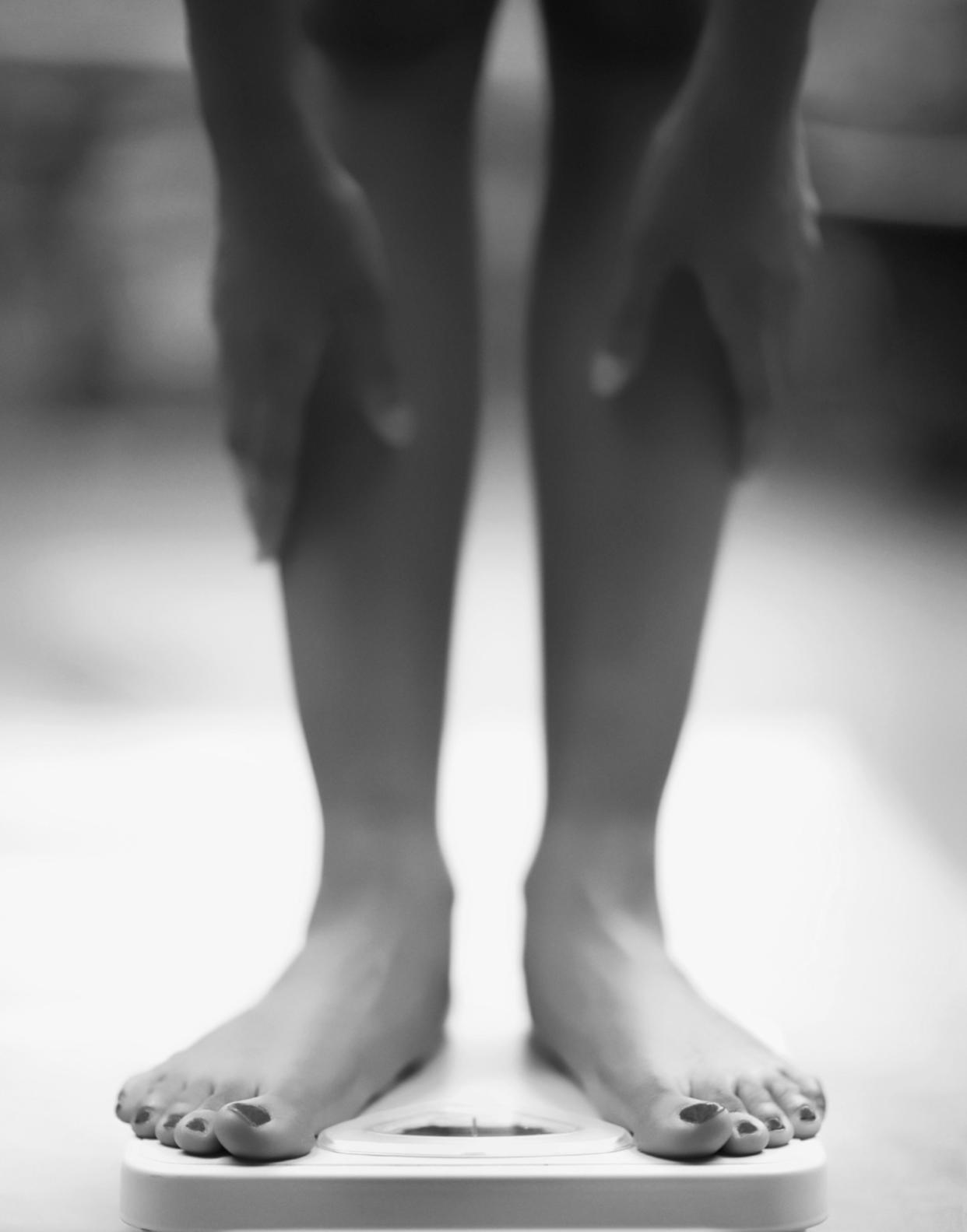People in Japan With Eating Disorders Aren't Getting Proper Care

The scale can be a scary thing for many people. (Photo: Getty Images)
Many girls and women around the world are under pressure to be thin, which can cause body dissatisfaction and, in some cases, trigger eating disorders. But the Japan Society for Eating Disorders said that the social demand on girls to be skinny in their country has “gone too far.”
The problem is compounded by the fact that many hide their eating disorder. “They see actions such as binging on food and then vomiting [bulimia] as shameful,” clinical psychiatrist Aya Nishizono-Maher, a member of the Japan Society for Eating Disorders, told the BBC. “They feel they have to hide it. Parents may think they are wasting food, so that might stop them seeking help.”
In 2014, only 10,000 people were receiving treatment for eating disorders, according to Japan’s ministry of health, labor and welfare. That number is quite low when you consider that 725,000 people in the U.K. — a country with almost half the population of Japan — are getting treated for eating disorders.
Related: Lil’ Kim Looks Very Different Lately
For those who do seek help, there isn’t an established system for them in Japan. According to the BBC, there is no family-doctor referral system, leaving it up to the families themselves to figure out the best treatment options. “The medical system is failing people with eating disorders,” said Nishizono-Maher. “Hundreds of thousands of people are suffering in silence. There are very few services available to help people.”
Early intervention is key to treating people struggling with an eating disorder. The longer sufferers go without proper help, the harder it is to treat them. “Eating disorders have the highest mortality rate of any mental illness, but with early intervention and access to care, full recovery is absolutely possible,” Lauren Smolar, director of helpline services at the National Eating Disorders Association, tells Yahoo Beauty. “Because both the physical and behavioral manifestations of eating disorders tend to become more severe and less receptive to treatment as the illness progresses, it is critical to catch eating disorders early and ensure that the patient receives the proper care as soon as possible.”
Related: I Know Yoga Is Good for Me but I Still Freaking Hate It
Smolar notes that eating disorders are complex illnesses with biological, genetic, and environmental factors. “As such, treatment for eating disorders is also complex and often requires a team of professionals and specialists,” she points out. “Psychiatrists, nutritionists, therapists, and physicians all have a role to play in the treatment of eating disorders. There are also different levels of care. Depending on the situation, an individual may need intensive inpatient care to stabilize vitals, or an outpatient program to help get them on the road to recovery.”
If you suspect a loved one has an eating disorder, you should be honest, direct, and caring when sharing your concerns, suggests Smolar. “Because these are potentially life-threatening illnesses, it’s important to act as soon as possible and seek the advice of professional,” she says. “The National Eating Disorders Helpline [800-931-2237] can provide you with the information and resources you’ll need to help your loved one recover.”
Let’s keep in touch! Follow Yahoo Beauty on Facebook, Twitter, Instagram, and Pinterest.

